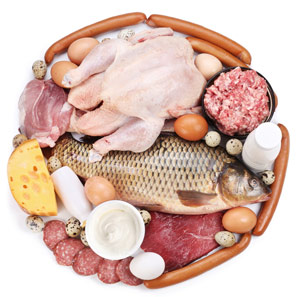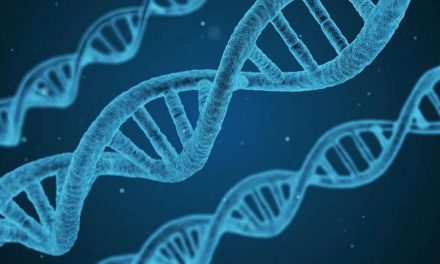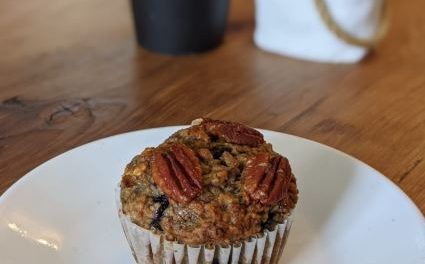In a recent blog, I talked about the importance of having enough protein in our diet.
The natural next question is… what KIND of protein should we eat?
Protein is composed of amino acids, which are the important building blocks from which we make our own proteins, which are essential components of all of our organs and body parts. Body protein is made up of 20 different amino acids, ten of which are considered to be ‘essential’, in that we cannot make them ourselves, and we therefore have to get them from our diet. The other ten are ‘nonessential’ and can be synthesized by our bodies from other amino acids.
The most obvious source of protein is animal protein. However, there are lots of different approaches to diets out there…. some people enjoy a wide range of animal products; others are vegetarian with many different permutations (piscatarians, lacto-ovo, etc), and some people choose to go the vegan route, avoiding any food product derived from animal sources.
Animal proteins are considered ‘complete proteins’ as they contain all of the essential amino acids. Plant proteins are considered ‘incomplete’ as they generally don’t contain all of the essential amino acids, but they can be combined to provide the full complement of essential amino acids. Soy is the only non-animal protein that actually contains all of the essential amino acids (though it is low in lysine, which is one of the essentials). Vegan diets are often lacking in two of the essential amino acids: valine and lysine.
The most recent dietary guidelines on this continent are the American 2015 Dietary Guidelines. They recommend eating a variety of protein food sources, including dairy, seafood, and meat; they also include protein food from plants, to allow vegetarian options to be accommodated (further details are available here). Meat selections should be lean, and in my opinion, minimizing processed meats is a good idea, given the increased risk of colon cancer with consumption of certain quantities of processed meat (read more here).
So, for whichever type of dietary pattern you have chosen to follow, do make sure that it is one that provides you enough of all of the essential amino acids, with a focus on lean and clean (less processed or unprocessed) options as your protein sources.












